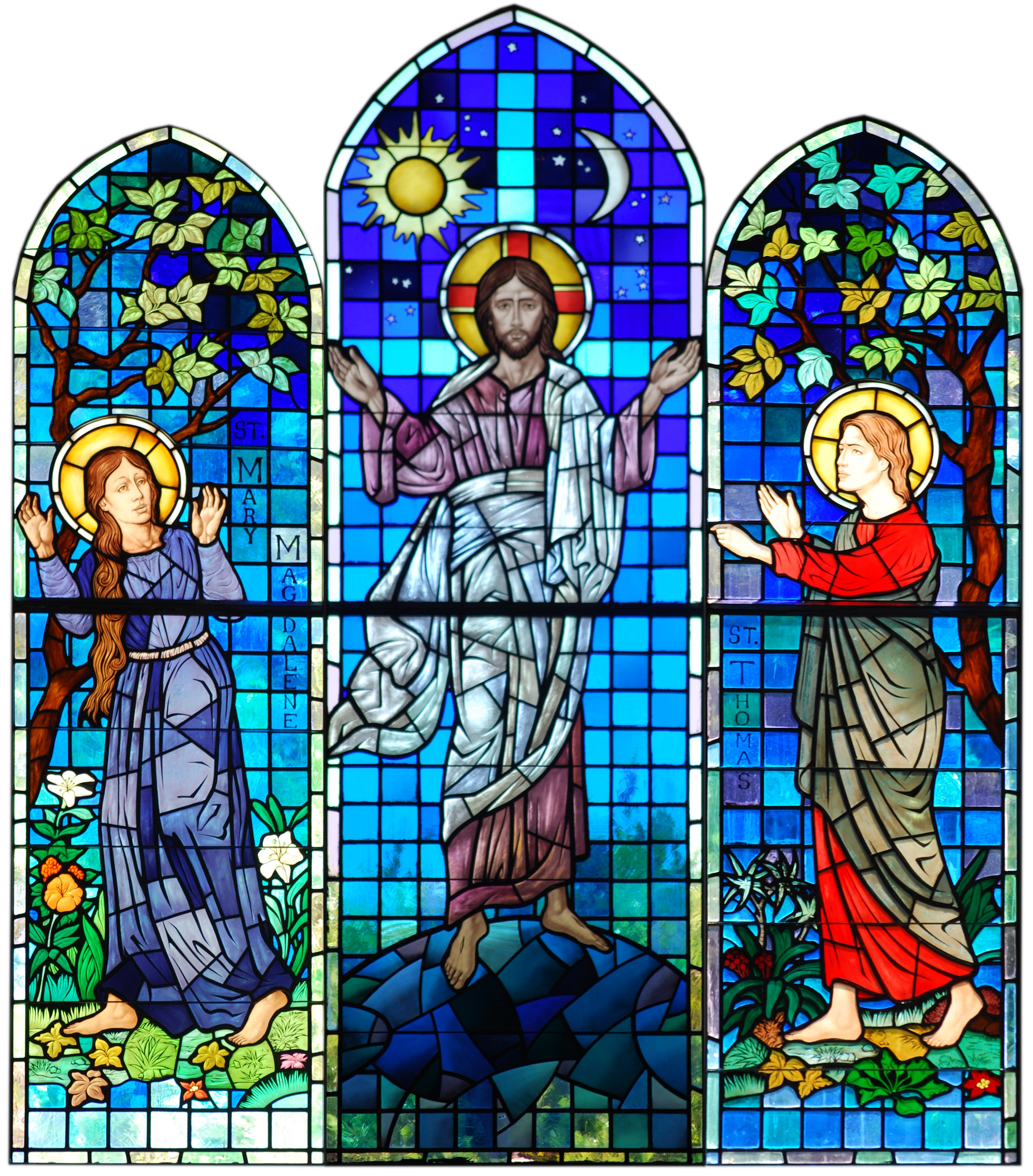Isaiah 5:1-7
1 Let me sing for my beloved my love-song concerning his vineyard: My beloved had a vineyard on a very fertile hill. 2 He dug it and cleared it of stones, and planted it with choice vines; he built a watchtower in the midst of it, and hewed out a wine vat in it; he expected it to yield grapes, but it yielded wild grapes. 3 And now, inhabitants of Jerusalem and people of Judah, judge between me and my vineyard. 4 What more was there to do for my vineyard that I have not done in it? When I expected it to yield grapes, why did it yield wild grapes? 5 And now I will tell you what I will do to my vineyard. I will remove its hedge, and it shall be devoured; I will break down its wall, and it shall be trampled down. 6 I will make it a waste; it shall not be pruned or hoed, and it shall be overgrown with briers and thorns; I will also command the clouds that they rain no rain upon it. 7 For the vineyard of the Lord of hosts is the house of Israel, and the people of Judah are his pleasant planting; he expected justice, but saw bloodshed; righteousness, but heard a cry!- – – – – –
Chapter five concludes the introductory section of the Book of Isaiah. While previous chapters have been hopeful, chapter five is one of indictment and judgment. The primary verdict is that God’s people have acted unjustly; they have not acted in accordance with God’s justice. Isaiah uses the metaphor of a vineyard, depicting God’s activity as agricultural labor. Israel and Judah are the vineyard in which God has labored, striving for good fruit, but what his people have yielded is inedible. He will now remove them from the land promised to their forefathers and it shall become a wasteland. Saint Jerome recalls the tears that Jesus shed for Jerusalem in Luke 19:41-44, weeping for the city that is the religious and political center of his people. Saint Basil the Great offers a spiritual reading of this passage, calling each of us to be vines in the vineyard, cultivating fruit in our souls and in our lives, so that we might not be thrown into the fire. One might think of Jesus cursing the fig tree in Mark 11 or the vine that is burned in John 15. Let us respond to, rather than reject, the Lord’s cultivating labor.
- Where do you see fruitful branches in your life? Where do you see branches needing to be trimmed?
- We do not often think of God grieving over his people. How does such an image change your perspective of Isaiah’s prophetic message?
This Bible study, written by Jake Schlossberg
|

 The 10th Sunday after Pentecost
The 10th Sunday after Pentecost